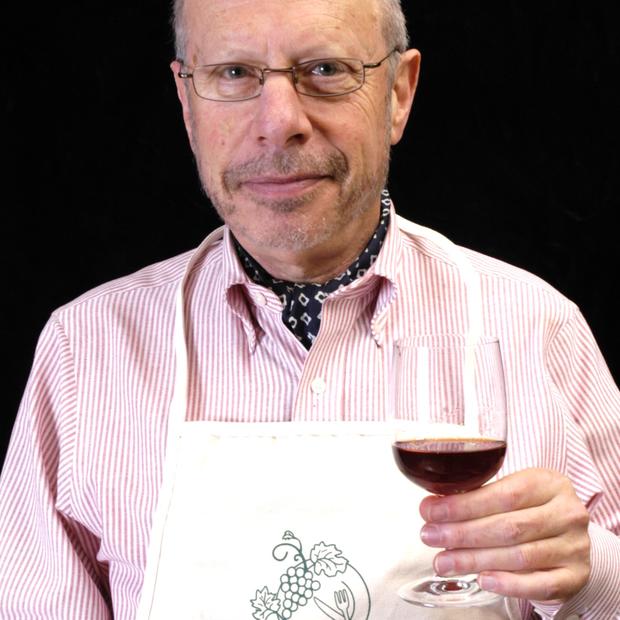The renderings make it look a bit like a sore thumb, but the reality is more like a decanter, something you pick up and swirl to aerate the wine inside. This is meant to become a worldwide symbol for Bordeaux (the city) as well as Bordeaux (the world-famous wine).
Decades in coming, plans were finally unveiled last week for the grandly named Centre de Culture et de Tourisme du Vin (CCTV), the Center for Wine Culture and Tourism to be built on the old docklands of the Gironde riverfront near the city's northern border. The venture, with a budget of 55 million euros ($75 million) is jointly financed by the Bordeaux Wine Institute, the Bordeaux Chamber of Commerce, the municipality of Bordeaux and the French government.
It doesn't hurt that the longtime mayor of Bordeaux, Alain Juppé, currently serving as minister of defense, is a former prime minister and recognizes the economic importance not just of the traditional wine industry (the leading creator of jobs in the region) but of wine tourism as well (its 8,000 wine estates — some exceptionally well-groomed, others a bit scraggly — are a magnet for international visitors). The project, designed by the French architectural firm X-TU, is expected to open in 2014.
Christian Cailleau, deputy communications director of the regional tourism board, told me when I visited Bordeaux earlier this year (before the winning design team had been named) that the Center would have three principal missions: an iconic architectural symbol for the city of Bordeaux; a major "You have to go there, have to have been there" tourist destination similar to the Bilbao Guggenheim; and, more subtly, to represent the intersection between the city's architectural and cultural history, and the vineyards which surround it.
There's no doubt Bordeaux has come a long way. What Cailleau and his colleagues call La Décennie Bordelaise, the sense that this is the Decade of Bordeaux, recognizes the importance of fresh ideas, fresh blood. The leading vineyards have always been the famous "First Growth" estates, but growing numbers of independently wealthy newcomers are buying lesser châteaux (including, not surprisingly, Chinese investors), bringing with them new notions about viticulture, enology, and, above all, marketing.
And marketing that's not limited to selling the contents of 960 million bottles of Bordeaux a year. Tourism jobs, 28,000 of them, rank second in the region, ahead of aeronautics. Despite its relatively remote location 350 miles southwest of Paris, the Bordeaux region is the fifth leading destination in France, with the tourism industry generating 2.1 billion euros a year. The greatest share of its 31 million annual visitors are Spaniards (not surprising given the Iberian peninsula's proximity), followed by Brits and the Dutch, with Chinese travelers arriving in growing numbers.
Some 600 military families from Singapore send their kids to public school in the nearby town of Arcachon; they all study English as a second language. Château Angelus has been marketing its wines in China for 20 years and sells 60 percent of its production in Asia; doesn't hurt that its logo is a golden bell.
There's a certain Protestant rigor to Bordeaux that contrasts markedly with the Mediterranean feeling of cities like Marseille and Nice. Bordeaux has had to be dragged into the 21st Century, and the new Wine Center seems poised to be a crown jewel. They're already looking at yet another treasure literally in their front yards: the Garonne River itself, a broad, calm, navigable estuary.
As Juppé told a gathering of travel professionals (in flawless English, by the way) just a couple of months ago, "The mere mention of Bordeaux brings to mind great things." From the vineyards to the city to the river, "the renewal has been spectacular."


